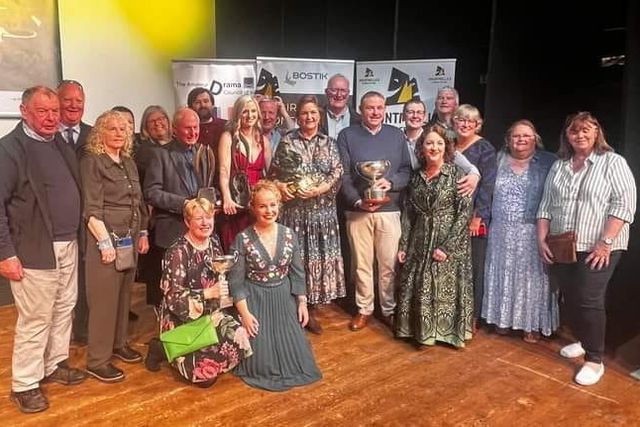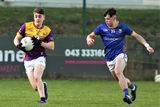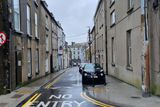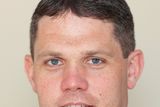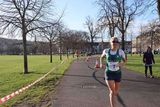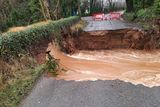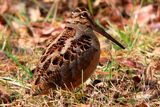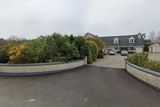North Wexford pupils use Lego to build a self-sustaining hydropower electricity plant
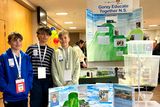
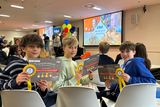
Three 5th class pupils from Gorey Educate Together National School qualified as one of the top 26 groups out of 6,800 entries in the National Intel Mini Scientists competition recently.
Noah Keane, Jeremi Gawronska and Sean Lundberg aged 11 and 12 brought home first place trophy from the Regional Intel Mini Scientists competition a few months ago for the self-sustaining hydropower electricity plant they built.
"The inside was made out of Lego and it powered a lightbulb in a house that they built out of cardboard and then they made the electricity plant so it was very impressive,” said their teacher, Rebecca Finn Driver.
Read more
Noah, Jeremi and Sean were inspired to build this hydropower project because they wanted to build something in relation to sustainability. “We made the eco home in school and talked about solar panels and things. They then figured out that they made the turbine out of Lego and they were pouring water themselves and that was charging up the lightbulb and they figured out a way that the water would keep doing it without them touching it so it was self-sufficient. It was amazing,” said Rebecca.
Noah Keane, Jeremi Gawronska, Sean Lundberg from Gorey Educate Together qualified for the National Intel Mini Scientists Competition recently.
They started working on their project in September for their school science fair. After that, they kept updating it and went on to enter and win the Regional Intel Mini Scientists competition. “Most of their work was done at home, they had two playdates a week where the three of them would get together and work on it themselves. They're great friends,” said Rebecca.
The boys were delighted with their success at the competition and the hydropower project will now be on display at their school until the Easter holidays.




